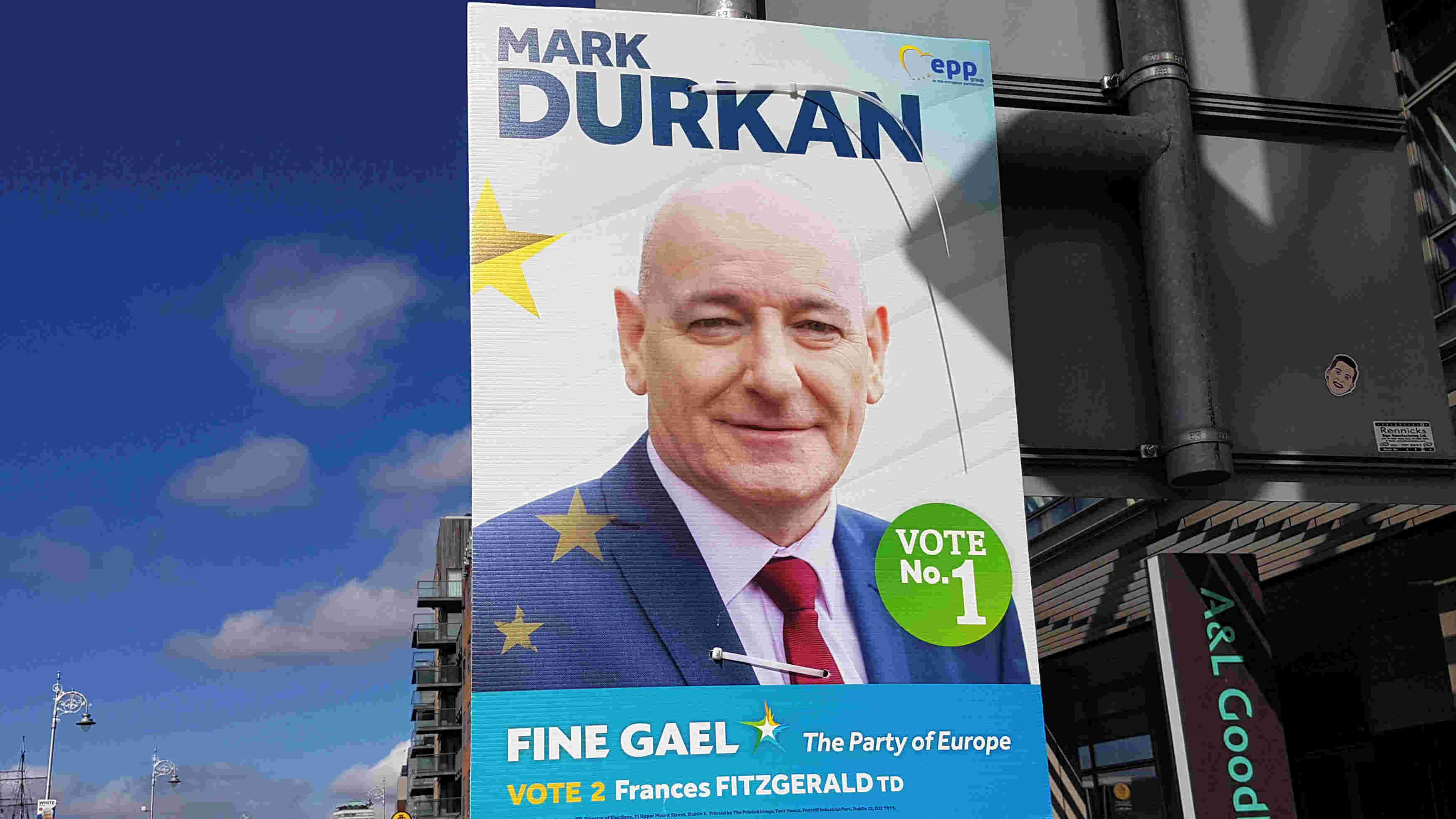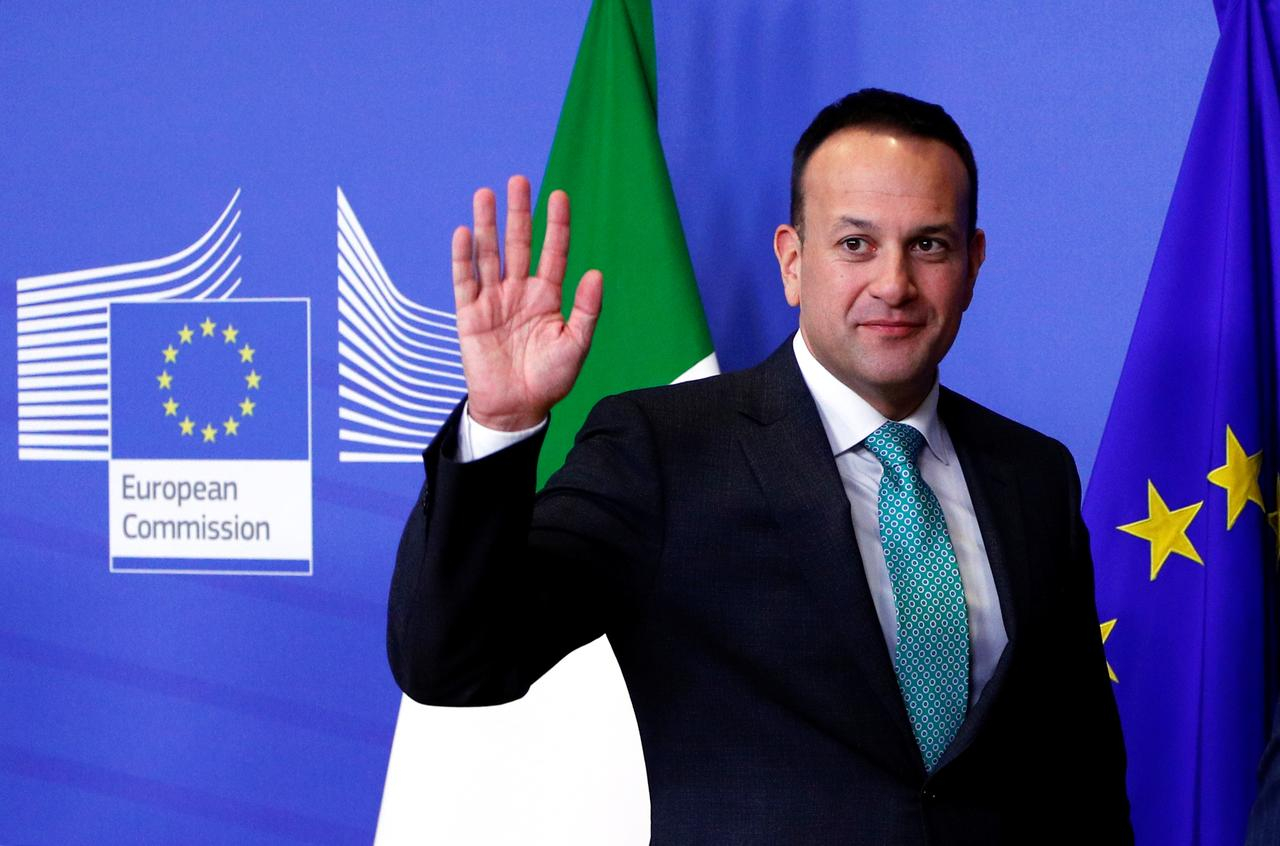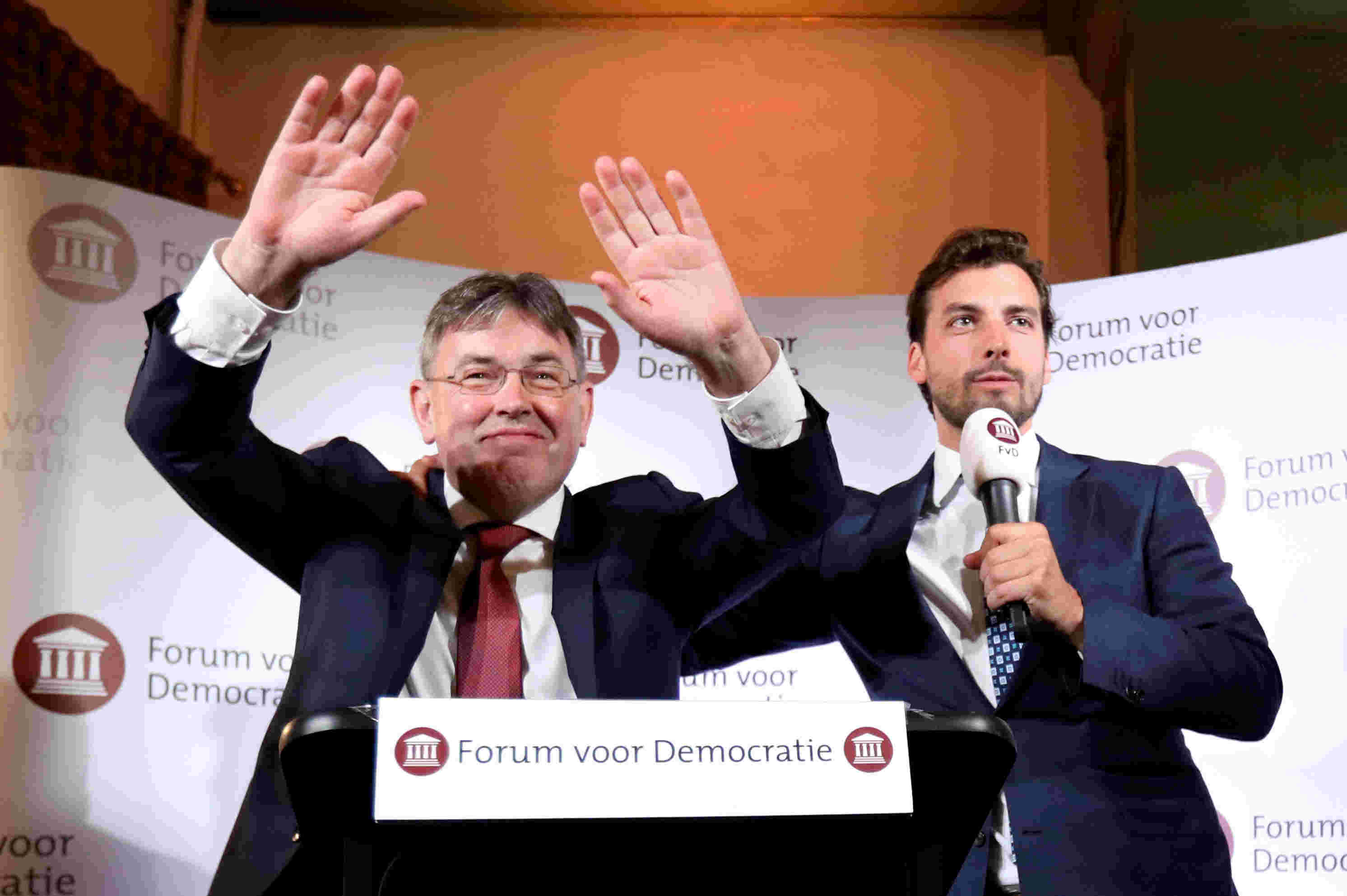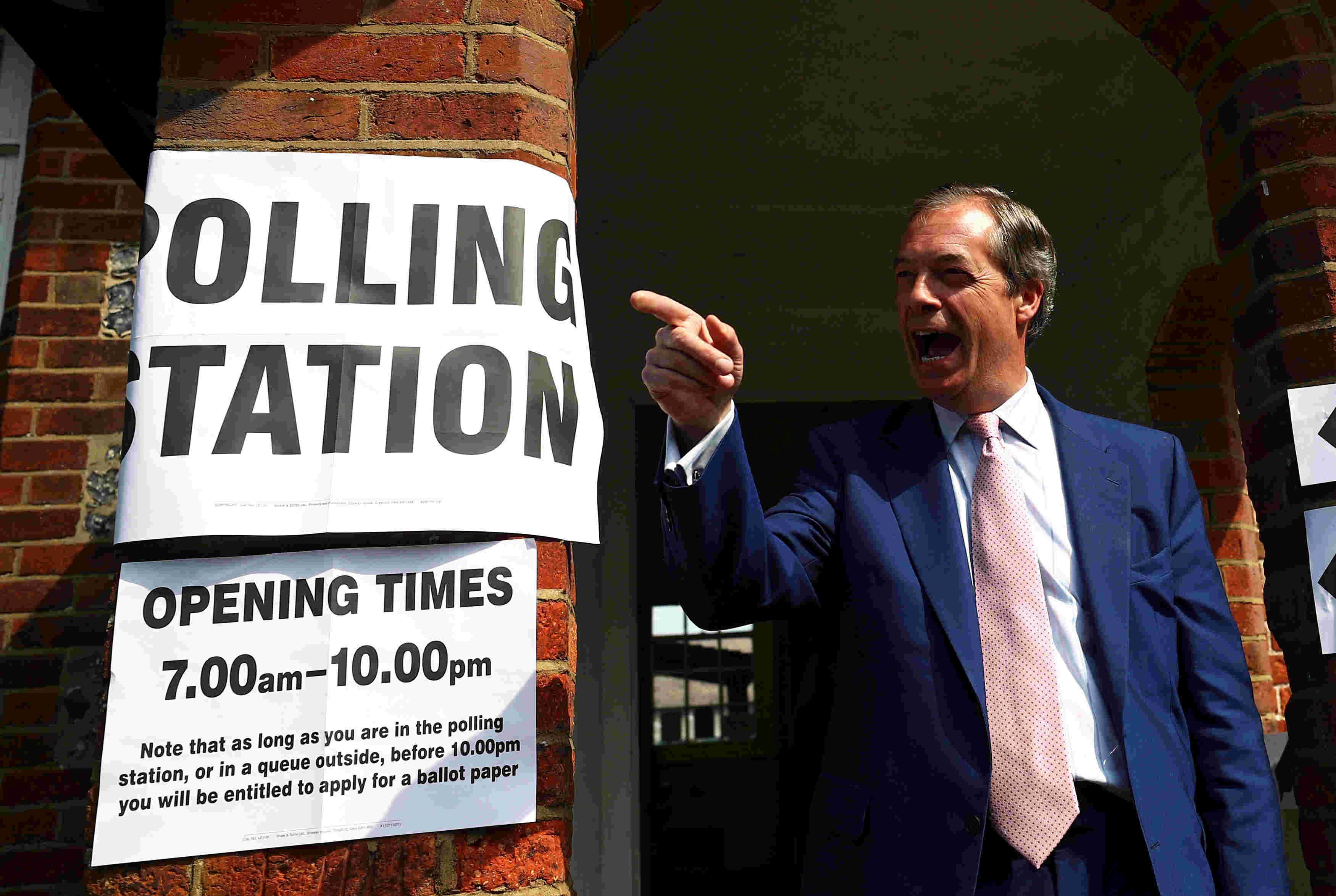
Europe
08:31, 25-May-2019
Irish PM Varadkar 's pro-EU party ahead in European elections: exit poll
CGTN

Irish Prime Minister Leo Varadkar's pro-EU Fine Gael party was seen in the lead in European elections, according to an exit poll on Friday, after a campaign dominated by concerns about Brexit.
Center-right Fine Gael candidates were ahead in two of Ireland's three constituencies, with the Greens coming first in Dublin, the poll of around 3,000 voters conducted by TV channels RTE and TG4 in Dublin suggested.
As he cast his vote in Dublin earlier on Friday, Varadkar warned that Brexit was entering a "very dangerous" phase following the resignation of Prime Minister Theresa May as a more hardline politician could replace her.

Irish Prime Minister Leo Varadkar (Taoiseach) attends a news conference in Brussels, Belgium, February 6, 2019. /Reuters Photo
Irish Prime Minister Leo Varadkar (Taoiseach) attends a news conference in Brussels, Belgium, February 6, 2019. /Reuters Photo
"But whatever happens, we're going to hold our nerve. We're going to continue to build and strengthen and deepen our alliances across the European Union and we'll make sure that we see Ireland through this," he said.
In the South constituency, Fine Gael was on 16 percent, while the other main center-right party Fianna Fail and center-left Sinn Fein were on 13 percent.
In the Midlands-North-West, Fine Gael was on 25 followed by Sinn Fein on 15 and the Greens on 12. In Dublin, the Greens were on 23 followed by Fine Gael on 14 and Fianna Fail on 12.
Pro-EU wins across Europe
Populist forces stumbled in the face of surprisingly tough resistance from Dutch pro-EU parties, as Irish and Czechs voters cast ballots Friday in European elections.
Europhiles had reason to cheer from an exit poll in Ireland that suggested Prime Minister Leo Varadkar's Fine Gael party, which is committed to closer EU integration, was in the lead.
That came on top of an exit poll in the Netherlands on Thursday that indicated Dutch parties also committed to the EU were likely headed for a surprise win.

Dutch politician, Thierry Baudet of the Forum for Democracy, speaks next to Derk Jan Eppink after the announcement of exit polls results of European elections in Amsterdam, Netherlands, May 23, 2019. /Reuters Photo
Dutch politician, Thierry Baudet of the Forum for Democracy, speaks next to Derk Jan Eppink after the announcement of exit polls results of European elections in Amsterdam, Netherlands, May 23, 2019. /Reuters Photo
Those early indications undermined to a degree coverage before the start of the four-day contest across the EU that spoke of a possible rise of anti-establishment parties.
More than 400 million people are eligible to elect 751 MEPs continent-wide, with the first official results to be announced late Sunday once voting in all 28 member states has been completed.
The Netherlands and Britain, where Prime Minister Theresa May finally announced her departure Friday following a months-long Brexit crisis, kicked off voting on Thursday. Italy will be the last country to close polls late on Sunday.
"To all our friends across Europe still campaigning, this one is for you too!" said Dutchman Frans Timmermans, the lead socialist candidate and one of the main pretenders to replace European Commission chief Jean-Claude Juncker.
Turnout will remain a major concern in the EU vote that has sparked little enthusiasm since its first edition in 1979, with eastern Europeans historically the least motivated to go to the polls.
Around the continent, pro-European leaders are seizing on the surprise in the Netherlands to mobilize their supporters to resist a populist gain, with opinion polls indicating nationalist parties lead in France, Italy and Hungary, among others.
'Destruction' forces
Brussels feared a good showing for the eurosceptics would disrupt decision-making in the EU and threaten reform efforts, including on trade, migration and the economy.
Matteo Salvini of Italy's anti-immigrant League and Marine Le Pen of France's far-right National Rally (RN) want their Europe of Nations and Freedom (ENF) group to become the third largest in Brussels. The League has topped opinion polls in Italy.
Le Pen wants to strike a blow to Emmanuel Macron's faltering French presidency by overtaking his centrist, pro-European party Republic on the Move (LREM).
Polls give her RN party a slight edge, with around 23 percent support.

Brexit Party leader Nigel Farage leaves a polling station after voting in the European elections, in Biggin Hill, Britain, May 23, 2019. /Reuters Photo
Brexit Party leader Nigel Farage leaves a polling station after voting in the European elections, in Biggin Hill, Britain, May 23, 2019. /Reuters Photo
The Brexit Party, which was only set up this year by veteran eurosceptic MEP Nigel Farage, is expected to score a resounding victory in the UK vote.
Britain was never meant to take part in the elections but May was forced to trigger the vote after delaying the planned Brexit date of March 29 after parliament refused to approve the divorce deal.
Even if they do well in some places, eurosceptics were not expected to sweep the whole bloc, with voters from Spain to the former Soviet Baltic states indicating solid backing for the EU.
In Germany, surveys put Chancellor Angela Merkel's CDU party – a heavyweight in the EU-wide centre-right EPP group – in the first place, with the Greens second.
(Cover: A poster for prominent Northern Ireland politician Mark Durkan running in European elections is seen in Dublin, Ireland, May 1, 2019. /Reuters Photo)
Source(s): AFP
,Reuters

SITEMAP
Copyright © 2018 CGTN. Beijing ICP prepared NO.16065310-3
Copyright © 2018 CGTN. Beijing ICP prepared NO.16065310-3